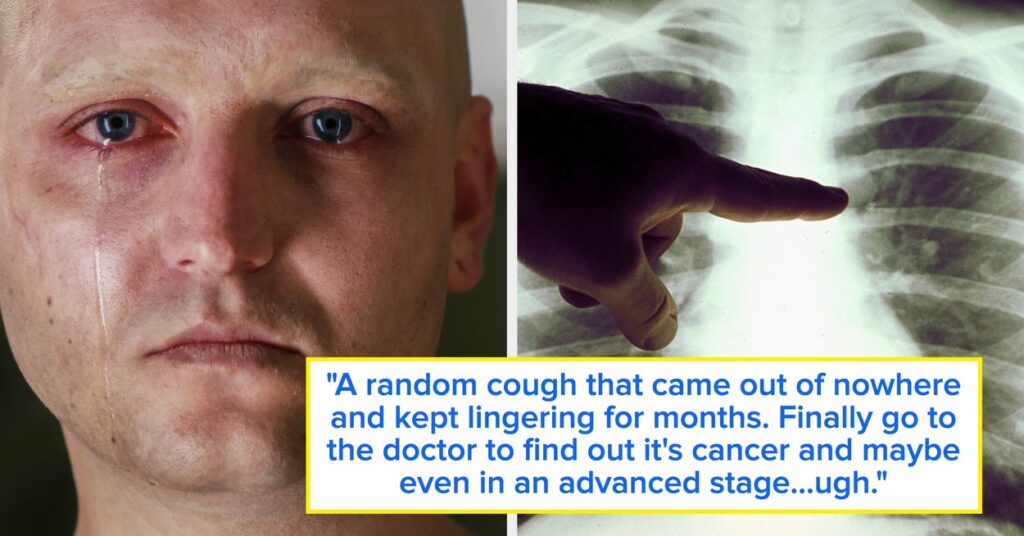
In the battle against cancer, early detection often plays a pivotal role in improving survival rates. However, many individuals overlook early symptoms, which can lead to delayed diagnosis and treatment. This was the unfortunate reality for one family, whose story underscores the importance of recognizing and acting on early warning signs.
A poignant example comes from a personal account shared by an individual whose mother had a persistent sore. Initially dismissed as insignificant, the sore turned out to be a symptom of stage 4 cancer, discovered only after the condition had advanced significantly. “My mom had a sore that just wouldn’t get better,” the individual recounted. “I saw it when she was in the hospital after we found out she not only had cancer, but it was stage 4, and the end was coming fast.”
Understanding the Importance of Early Detection
The story highlights a critical issue in cancer care: the need for awareness and timely medical consultation. According to the American Cancer Society, early detection can significantly increase the chances of successful treatment. Yet, many people, like the mother in this story, may not recognize the seriousness of persistent symptoms.
Dr. Emily Carter, an oncologist at the National Cancer Institute, emphasizes the importance of paying attention to bodily changes. “Persistent sores, unexplained weight loss, or unusual lumps should not be ignored,” she advises. “These can be early indicators of cancer, and early intervention is key.”
Commonly Overlooked Symptoms
While some cancer symptoms are well-known, others can be easily overlooked. The sore that wouldn’t heal in the story above is a classic example. Other symptoms that often go unnoticed include:
- Unexplained fatigue
- Changes in bowel or bladder habits
- Persistent cough or hoarseness
- Difficulty swallowing
These symptoms can be attributed to less serious conditions, leading individuals to delay seeking medical advice. However, experts stress the importance of erring on the side of caution.
The Role of Public Awareness Campaigns
Public health campaigns play a vital role in educating the public about the signs and symptoms of cancer. Initiatives such as the “Know Your Body” campaign aim to empower individuals to recognize changes in their health and seek medical advice promptly.
According to a study by the World Health Organization, countries with active public awareness campaigns have seen a marked increase in early cancer detection rates. “Education is a powerful tool in the fight against cancer,” notes Dr. Carter. “When people are informed, they are more likely to take action.”
Lessons from Historical Campaigns
Historically, campaigns like the “Check Your Skin” initiative for melanoma awareness have successfully increased early diagnosis rates. By encouraging regular self-examinations and dermatologist visits, these campaigns have saved countless lives.
“Public awareness is the first line of defense in cancer prevention and early detection,” says Dr. Carter.
Moving Forward: The Need for Vigilance
The story of the persistent sore serves as a reminder of the importance of vigilance and proactive healthcare. As medical professionals continue to stress, recognizing and acting upon early symptoms can make a significant difference in treatment outcomes.
For families and individuals, the key takeaway is clear: do not ignore persistent health changes. Seeking medical advice at the earliest signs of concern can be a life-saving decision.
As awareness grows and public health campaigns continue to educate, the hope is that more people will recognize the importance of early detection, ultimately leading to better outcomes for those diagnosed with cancer.






